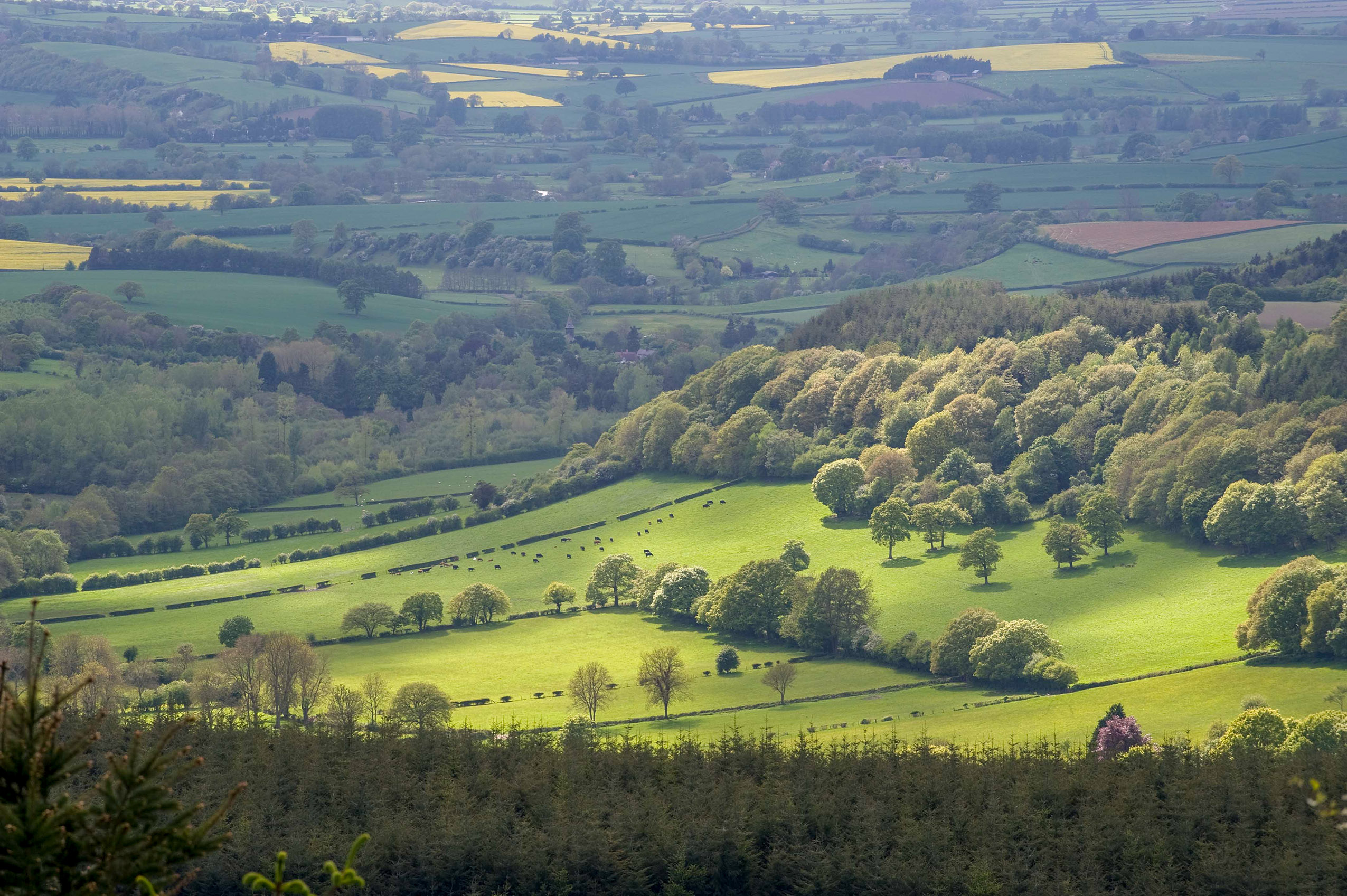Can biodiversity help our woodlands in a changing climate?
More biodiverse woodlands are better able to resist or adapt to threats, such as climate change. This enhanced resilience supports the continuity of woodlands and the ecosystem services they provide.
Biodiversity is the variation at different levels of biological organisation – the genes within a species; the species within a community; and the diversity between communities and ecosystems.

Woodland biodiversity can be enhanced in existing and new woodlands through management at different spatial scales.
About the series
Aimed at practitioners, the factsheets showcase the breadth of research carried out by Forest Research, sometimes over decades, into how trees and forests are facing the challenges of climate change, and actionable insights into how trees and woodlands can help mitigate the effects of climate change.

